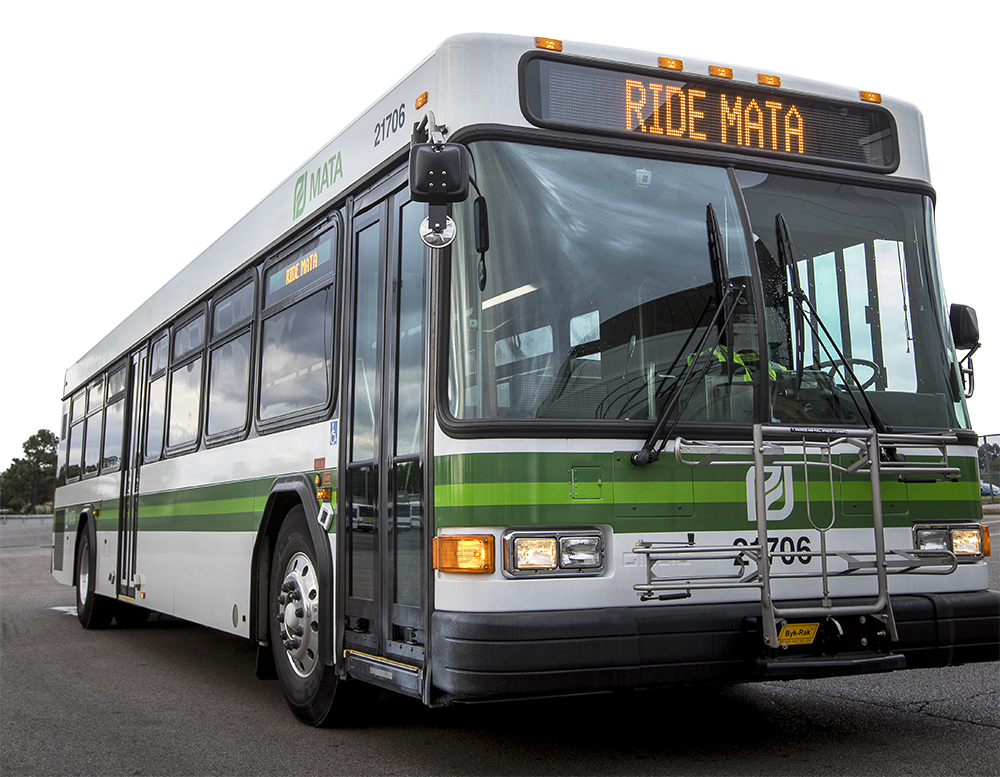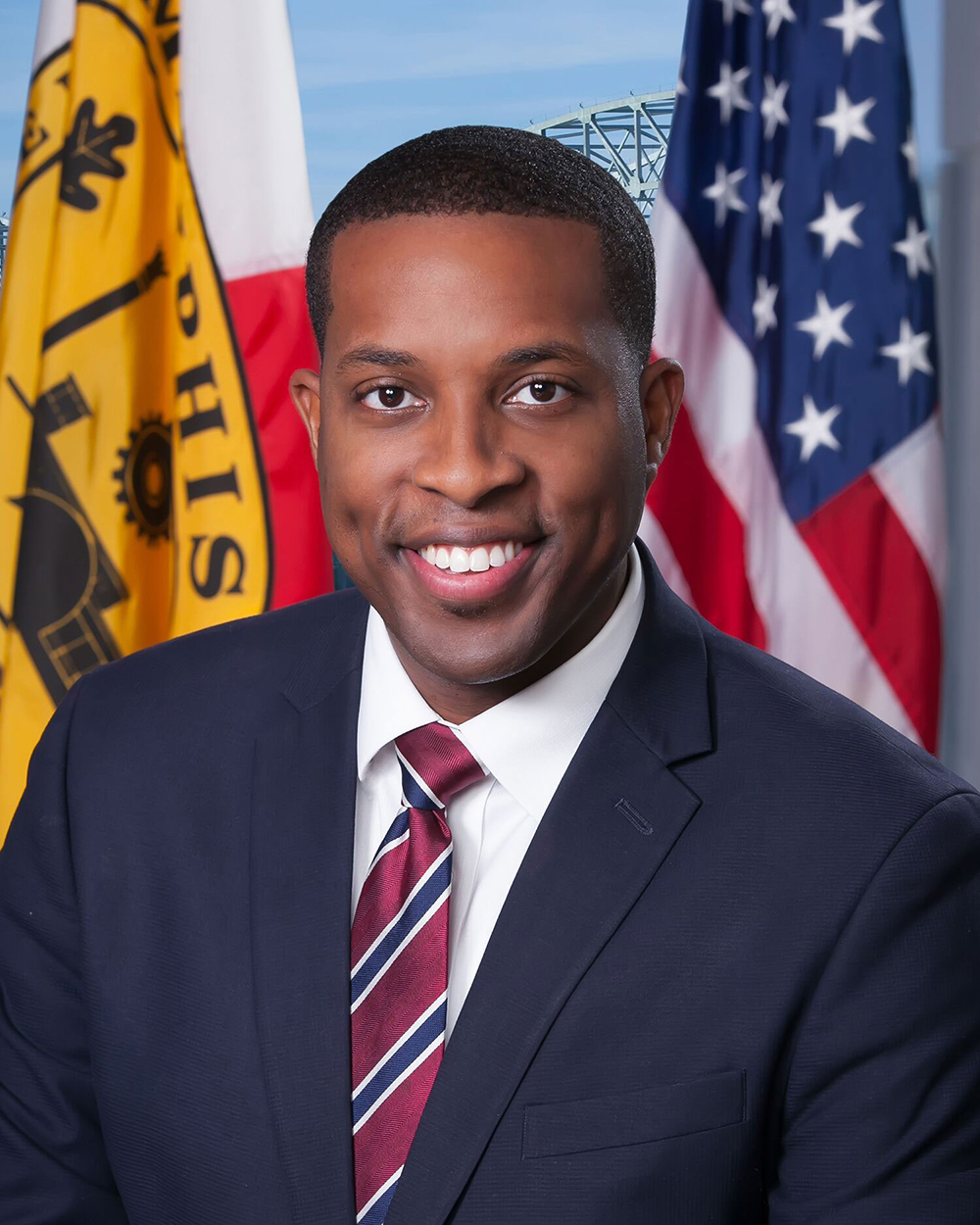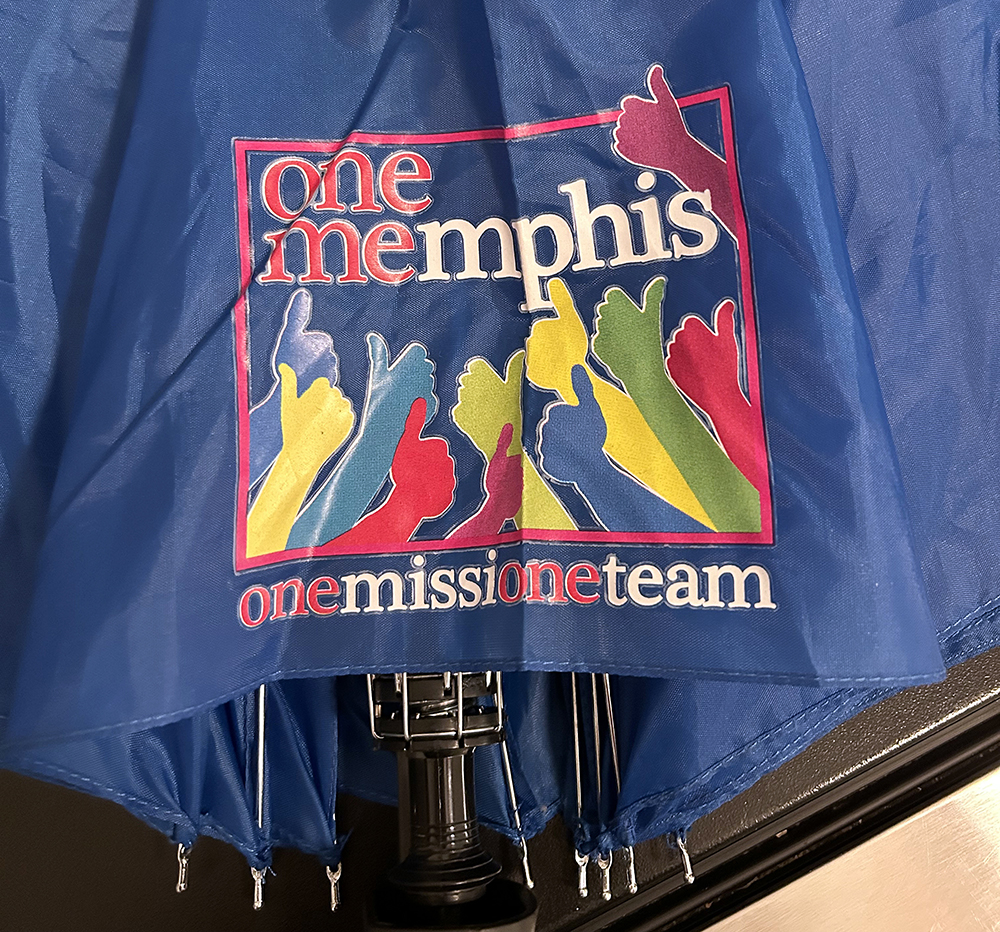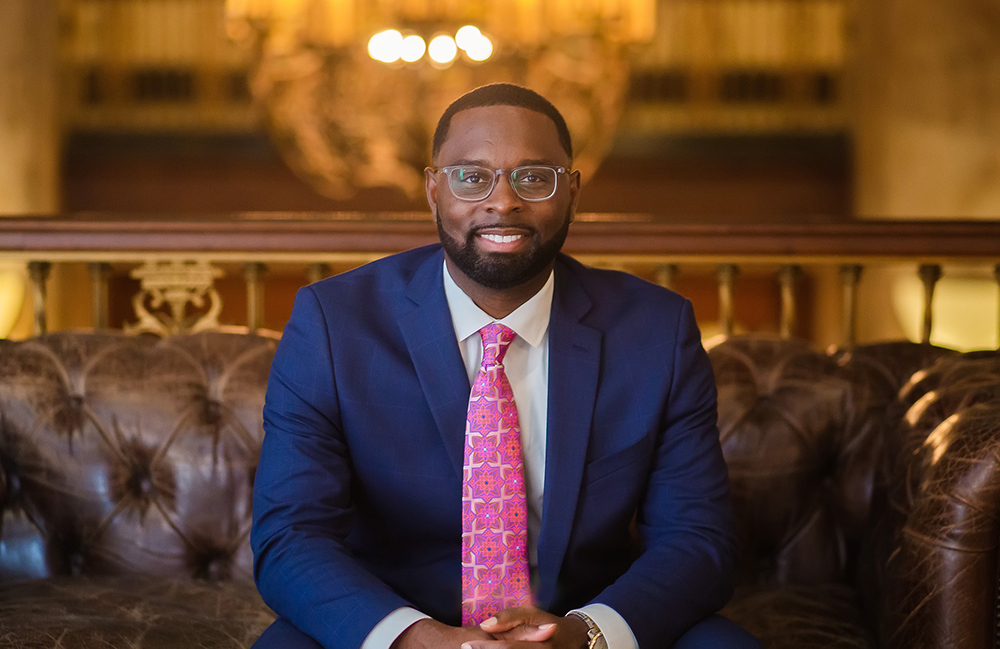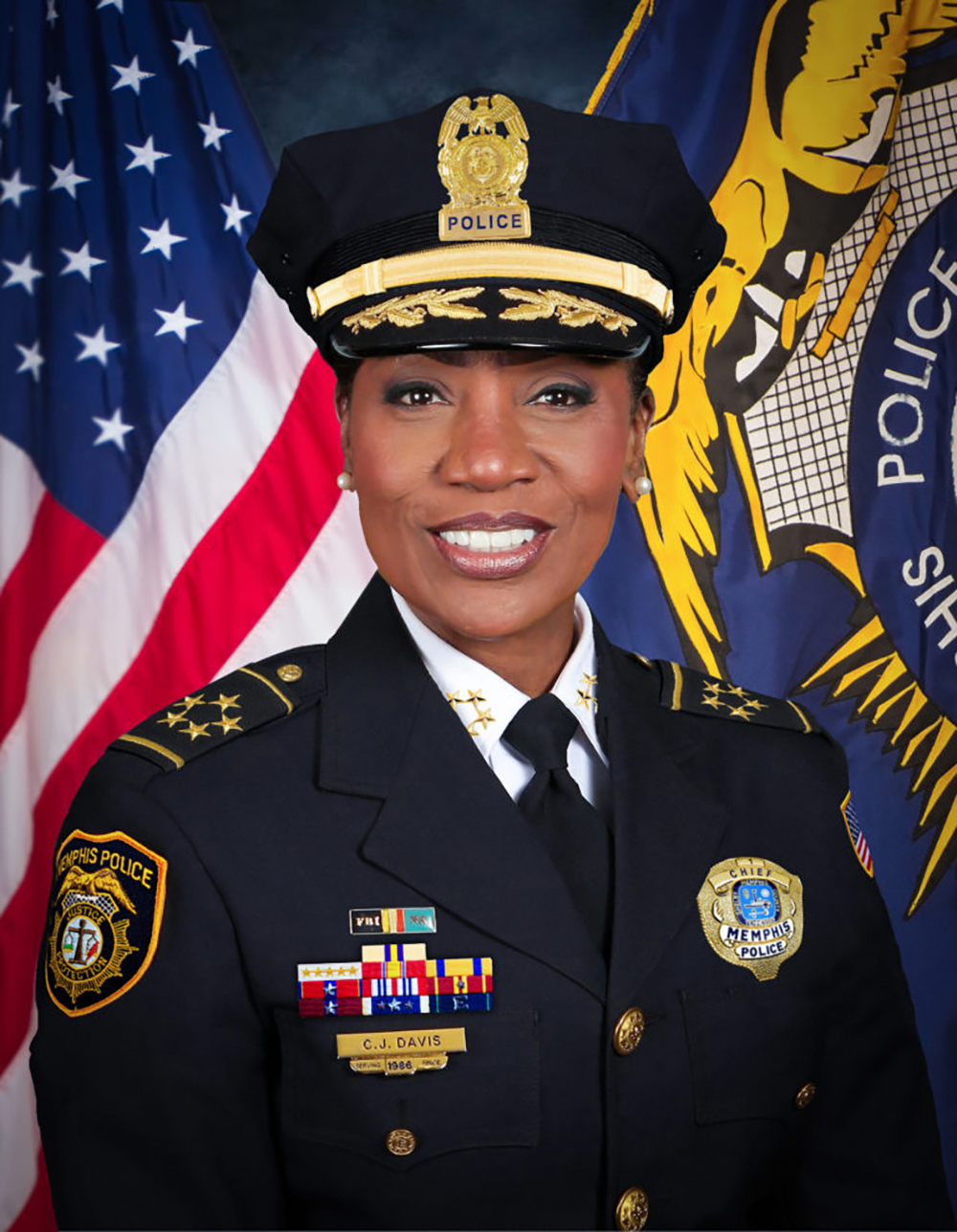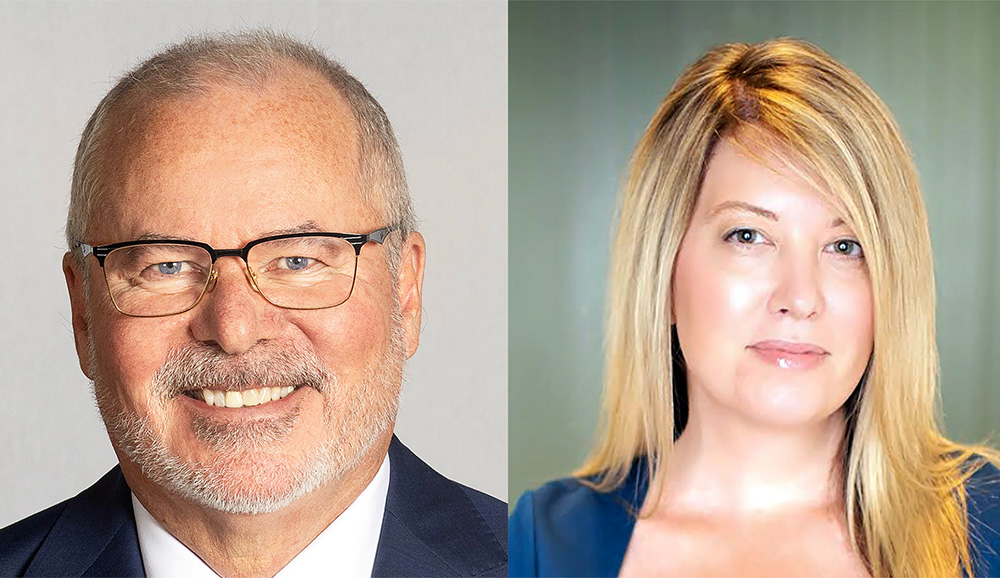A request for additional financing for the Memphis Police Department’s Downtown Command Center raised concerns from several city council members during Tuesday’s budget and audit committee meeting.
The committee heard a resolution to adjust the Fiscal Year 2025 Capital Improvement Program Operating Budget for the development of the center. Police Services asked the council to move funds from completed projects to fund it.
Officials said not only will this proposal “enhance the visitor and tourist experience” Downtown, but will also use “multi-functional cameras with fiber connection.”
“The new project is designed to support the operations and coordinate response activities with other city divisions with law or code-enforcement targeted areas,” the resolution added.
The command center will be a 2,500-square-foot buildout at 250 Peabody Place and will have four monitoring stations along with a restroom, conference room, and other amenities. City officials said there will be 63 cameras for surveillance with 24 hour shifts. The city’s timeline started on October 31, 2024 and is scheduled to end in April 2025.
Deputy Chief Financial Officer Walter Person said in looking for funding, they found some available through the Leftwich Tennis Center — a project to convert a tennis center in East Memphis, where the city donated $3 million in cash and $1.3 million in donations for the demolition. Person added the University of Memphis paid $5 million to the facility and contributed $2.5 million towards construction. The state allocated $2.5 million to the project.
Person went on to say there were several design enhancements for the facility where the city loaned $10 million — which was funded by commercial paper. This was to be paid off and funded by pledges, private donors, and private payment. The building was completed, where the city also sold naming rights in the facility. He said $4.6 million was generated to defray the commercial paper — which could only be used for capital projects and suggested that $2.5 be allocated towards the Downtown Command Center.
“I know there’s been a lot of questions with the ability to reuse the funds, but the funds were not restricted in its reuse — it’s to pay the city back,” Antonio Adams, chief operating officer, said. “The city has the authority or autonomy to then redirect as it so desires. This is an important project that will enhance public safety in the area but also help trigger [the economy] and growth in the Downtown area which is one of the centers of Memphis.”
Councilman and committee chairman Chase Carlisle said he had many questions, noting that he has been an avid supporter of tackling crime Downtown. But he questioned the commercial paper, cash, uses, pledges, and total sources. He asked for documentation, specifically asking how much money was pledged by private donors, including naming rights.
“I know this thing sped up rapidly for you — very rapidly like a lot of downward pressure,” Carlisle said. “You just can’t ask us to move that kind of money without understanding that kind of setup.”
Person said the city is getting about $1.4 million back from the University of Memphis and there’s additional inventory of naming rights available such as hallways, courts, and quarters for the tennis center. He said there’s about $4.5 million to $4.6 million in-house.
He also clarified that people who purchase naming rights will be helping the city pay the loan off.
Councilman Philip Spinosa also said that he supports the command center, but thinks there should be a pause on the conversation until they receive more answers.
“I don’t think there’s foul play,” Spinosa said. “I think everybody’s just trying to understand the flow and the process and we’ll do that.”
During the regular council meeting, Adams said they will continue to provide documentation as requested — however at the time of voting those documents had not been prepared for amendment and was added to the add-on agenda.
The resolution was passed unanimously with an amendment that the council would loan $2.5 million to the project.


